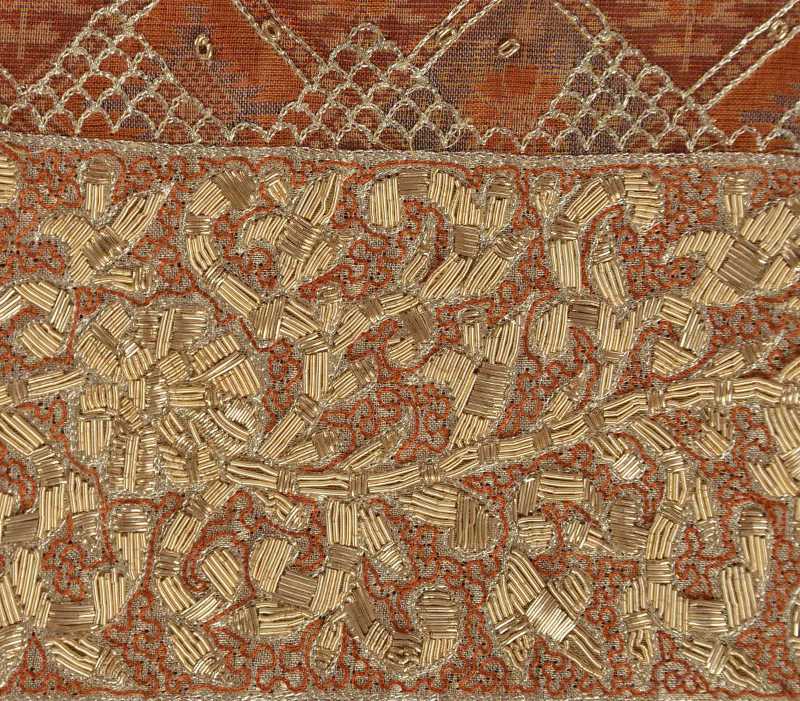===
0892,
9
===

=== |
 |
ẓāʾiʿ karnā : 'To cause, or allow, to perish, to destroy; to lose; to consume, waste; to apply (labour, &c.) to no purpose, to misapply; to frustrate'. (Platts p.748)
FWP:
SETS == EXCLAMATION; NEIGHBORS
MOTIFS == SWORD
NAMES
TERMS == INSHA'IYAH; PEN-NAMESRF once again makes the fundamental point that the poet's pen-name also creates a kind of 'pen-persona', a figure whose character and behavior are those of the lover in the ghazal world, not those of the poet in real life. The evidence for this stylization is overwhelming, but the 'natural poetry' movement has been so deeply entrenched in modern Urdu poetics that fighting it is like punching a sponge.
Note for script fans: Why ve instead of the usual vuh ? Probably it's meant to represent a plural of respect, since Mir is being accorded respect ( kar raheñ rather than kar rahe ). In what I call the 'neighbors' verses, Mir is often accorded such respect; perhaps we're meant to imagine the sympathetic neighbors as relatively humble people.
Note for translation fans: Is it possible to capture the nuances of ẓāʾiʿ kar raheñ ? Something like 'to insist on destroying himself' or 'not to be content until he has destroyed himself'?